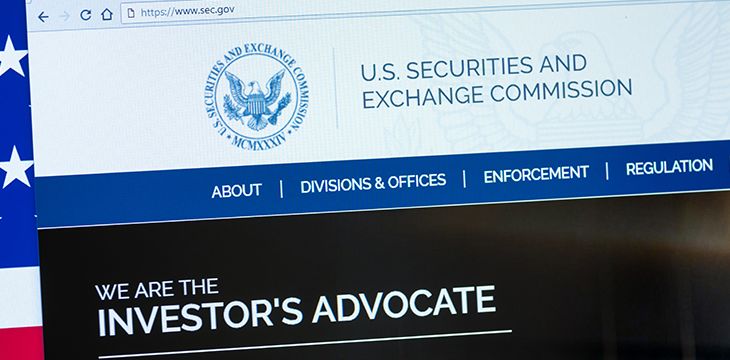|
Getting your Trinity Audio player ready...
|
After more than two years of investigation and court cases, the injustice caused by the PlexCoin initial coin offering (ICO) scam may finally be reaching its resolution. The U.S. Securities and Exchange Commission (SEC) has informed the courts of their plans to return funds to victims of the company.
The SEC filed a letter on January 2 with Judge Carol Bagley Amon, indicating their plan to return $1.4 million in assets to victims of PlexCoin. The funds were seized from the company when the courts allowed the SEC to go after as much as $7 million in funds from the company in October, 2019.
In the letter, the SEC outlines its plan to get the funds back to investors as quickly as possible, with a single payment to the receiver, and “one, single distribution to harmed investors.”
That doesn’t cover all the funds that should be returned though. The SEC is already taking an eye to the total of $8 million owed to investors, arguing to the judge that this process should be kept as simple as possible. For example, even going directly through the receiver, the $8 million that will be returned to American investors will be reduced to $5 million in fees, they noted.
The PlexCoin ICO, run by Canadian defendant Dominic Lacroix, promised ridiculous returns, and authorities quickly figured out was likely an exit scam. They moved quickly to freeze his assets and attempt to stop more investors from being harmed. He’s now being prosecuted in Canada, with the SEC being an invested party to the proceedings.
Indicating they’ve already done their due diligence by consulting with the victims, the SEC also notes that they only received two comments questioning their plan. The first simply asked if the amount returned to investors might be affected by the U.S.-Canadian exchange rate. The second, on the matter of if those who are owed less than $250 will be compensated. That’s a more complicated answer and will have to be settled on the Canadian side of the fence.

 02-20-2026
02-20-2026 




